Before talking about the top movies of 2023 and the upcoming Oscars nominations later this month, let me start off with books. The first two below I’ve just finished, the rest are TBR ‘on my night table.’
The first book I finished this year is Nita Prose’s The Mystery Guest, her sequel to The Maid, which has brought a fresh take on the mystery genre. Very original, funny, and with a warm touch of human kindness. Molly Gray, now head maid of the Regency Grand Hotel, owes a lot to her upbringing by her grandmother, who had instilled in her a positive outlook, proper etiquette, fearless honesty, and a love of learning. Her innate talent for language and vocabulary surprisingly help her with crime solving while diligently fulfilling her duties at the Regency Grand.
Between Two Kingdoms: a Memoir of Life Interrupted by Suleika Jaouad. I came across this book while writing my review of American Symphony, the documentary on musician Jon Batiste who married Jaouad in 2022. Jaouad had gone through years of gruelling chemo-therapy and other treatments including bone marrow transplant for her acute myeloid leukemia diagnosed when she was 22. I listened to the audiobook narrated by Jaouad herself, with short musical interludes by Batiste. In her calm and clear voice, Jaouad chronicles her excruciating experiences of physical torments, the inner conflicts they bring, and her courageous road trip across the country to visit other sufferers. Poignant and inspiring.
I’ll be joining the Japanese Literature Challenge this month, the 17th year Bellezza has been hosting. This time, I’ll be reading together with Bellezza The Final Curtain, the latest Keigo Higashino’s novels translated into English. This one features Detective Kaga and a revealing of the family secret and mystery behind his mother who had left him and her husband sixteen years ago when Kaga was a teenager. I’ve just finished the first two chapters and it has already captivated me. Another intriguing read by the prolific mystery writer Higashino.
1937 Club sounds alluring. That’s the reading challenge hosted by Simon, and this year it’s reading books published in 1937. Why, I’ve got one on my shelf which I’ve not yet read and the year was right on, published in 1937: Out of Africa by Isak Dinesen, real name Karen Blixen. After watching the movie many years ago, I’d always wanted to read the book. What is it really like in the literary landscape without the images of Meryl Streep and Robert Redford emerging in my mind whenever I think of the title.
Last year I ‘discovered’ Elif Batuman, read her two novels The Idiot (2017) and Either/Or (2022). The former was a Pulitzer Prize finalist. Autobiographical, these two books are based on the life of a young woman entering Harvard with eye-opening and mind-boggling episodes. Academic and intellectual subjects are involved as well as a crush and the vain search for true love, but what stands out in Batuman’s writing is her humor. Pleasant surprises come with laughing out loud while reading. Recently I bought The Possessed, her first book (2010) –– couldn’t resist the book cover–– a collection of essays about her experiences in her specialization, Russian literature.
Another book cover I simply couldn’t resist while browsing in a bookstore. No, not Manga or graphic novel, but Virginia Woolf’s To The Lighthouse. I read it years ago but forgot most of it. What an interesting book cover. If you enlarge the picture you can see there are bubble dialogues. I’m just too curious to see how the publisher ‘reconciles’ the stream of consciousness content with the comic book like cover. But maybe no need to, after all, it’s a postmodern age we’re in.
The House of Doors by Tan Twan Eng. Longlisted for the 2023 Booker Prize. My main interest is in its storyline of English writer William Somerset Maugham visiting Malaya during the 1920’s, at that time a British colony. I’d watched biographical video on WSM on YouTube and learned that his personal secretary/companion who was with him in his travels to Malaya held a deceitful agenda which ultimately ruined Maugham’s financial assets and alienated him from his family at the end of his life. Just wonder how Tan tells his story re. the relationship between the two.
The Everyman Chesterton. From the Everyman’s Library, the 899 page volume includes some essential reads of the English writer, philosopher, Christian thinker, arts and literary critic G. K. Chesterton: his Autobiography, Biography of Charles Dickens, Commentary on the Victorian Age in Literature, Orthodoxy, The Everlasting Man, St. Thomas Aquinas, Father Brown Stories and Poems. I won’t be reading all of these but will definitely select some of these classic works to explore.
The Hemingway Stories, a book gifted to me which was purchased at the Hemingway House in Key West, Florida. Some of the stories I’d read before, but definitely a memorable collection of the nineteen notable stories from 1923 to 1936, including The Snows of Kilimanjaro, The Killers, The Three Day Blow, and for me to reread A Clean, Well-Lighted Place, and Hills like White Elephants.
The Plays of Anton Tchekov which includes ‘The Sea Gull,’ ‘The Cherry Orchard,’ ‘Three Sisters,’ ‘Uncle Vanya.’ Also a gift to me, and what’s significant about this volume is that it’s a Modern Library, New York edition with a Preface written by Eva Le Gallienne (1899-1991) in the year 1929. Gallienne I just checked was a classic herself, British-American stage actress, producer, director, author, translator. Would this be considered a rare book?
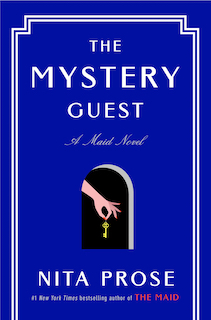
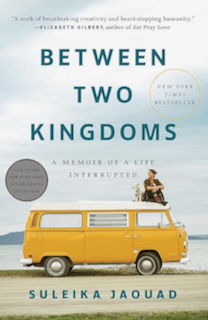
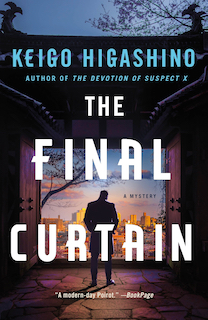
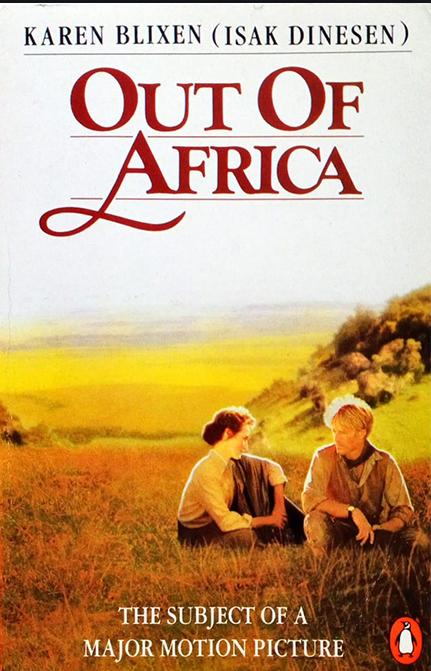
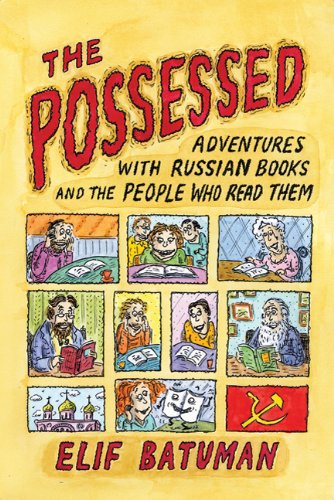
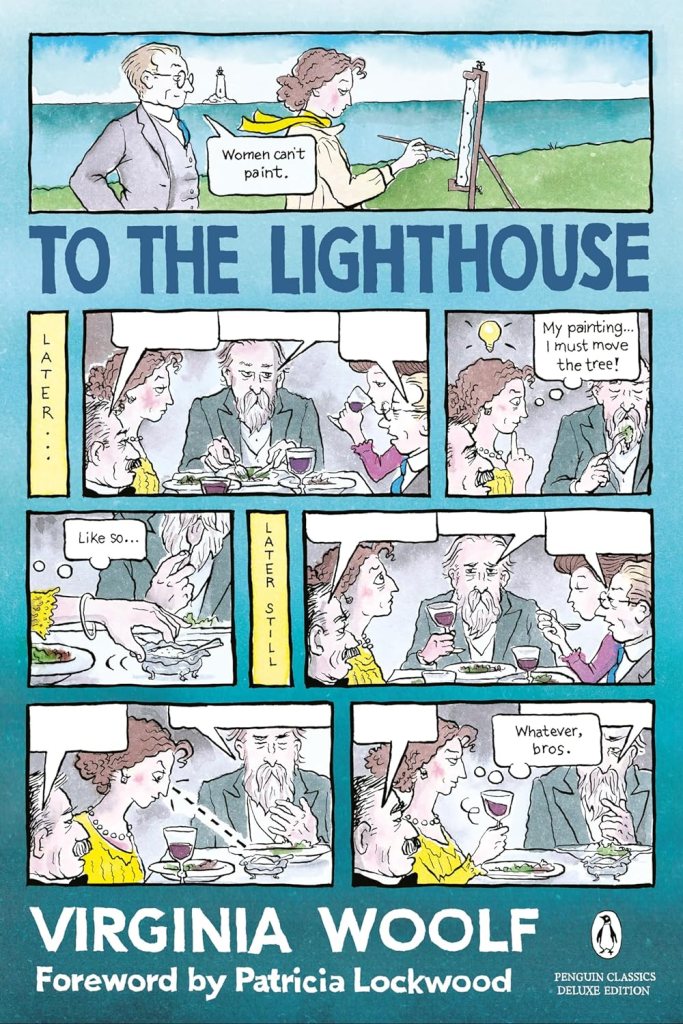
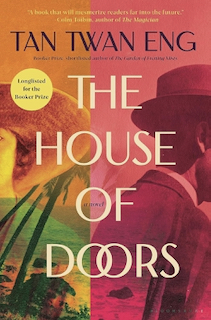
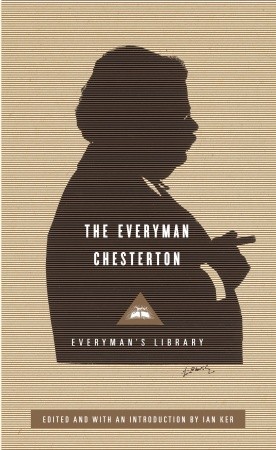
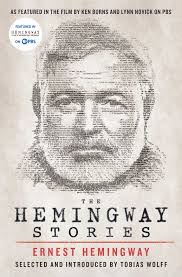
















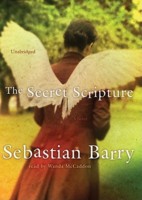


























 The Selected Stories of Mavis Gallant: 887 pages. Having seen the video of Mavis Gallant reading in a Paris book shop and her conversation with Jhumpa Lahiri, thanks to
The Selected Stories of Mavis Gallant: 887 pages. Having seen the video of Mavis Gallant reading in a Paris book shop and her conversation with Jhumpa Lahiri, thanks to 
 A lady held up a heavy box for me to take this one out underneath: A Fine Balance by Canadian writer Rohinton Mistry. “That’s a good pick,” she said.
A lady held up a heavy box for me to take this one out underneath: A Fine Balance by Canadian writer Rohinton Mistry. “That’s a good pick,” she said. One Man’s Bible by Gao Xingjian, winner of the 2000 Nobel Prize for Literature, the first Chinese recipient of the Prize. Born in China, Gao has been living in France since 1987. The book is translated into English by Mabel Lee, associate professor of Chinese at the University of Sydney. Interesting… although this one I can read the original, the chance of me finding it in a farmers market here in Cowtown, Canada is not great. I’ll settle for the translation.
One Man’s Bible by Gao Xingjian, winner of the 2000 Nobel Prize for Literature, the first Chinese recipient of the Prize. Born in China, Gao has been living in France since 1987. The book is translated into English by Mabel Lee, associate professor of Chinese at the University of Sydney. Interesting… although this one I can read the original, the chance of me finding it in a farmers market here in Cowtown, Canada is not great. I’ll settle for the translation. I missed the Golden Globe winning TV miniseries. So, grabbing the original material is just great. David McCullough’s 721 pages John Adams won the 2002 Pulitzer Prize for biography. This is a handsome movie-tie-in- cover edition with many color pictures. What a find!
I missed the Golden Globe winning TV miniseries. So, grabbing the original material is just great. David McCullough’s 721 pages John Adams won the 2002 Pulitzer Prize for biography. This is a handsome movie-tie-in- cover edition with many color pictures. What a find! Talking about wonderful covers. How about this one: Margaret Drabble’s The Radiant Way. I’ve never seen this edition of Drabble’s book. A pleasure just to look at.
Talking about wonderful covers. How about this one: Margaret Drabble’s The Radiant Way. I’ve never seen this edition of Drabble’s book. A pleasure just to look at. And what’s summer reading without beach reads. Here’s my copy of The Devil Wears Prada by Lauren Weisberger. Again, seldom do I see a trade paperback of this title.
And what’s summer reading without beach reads. Here’s my copy of The Devil Wears Prada by Lauren Weisberger. Again, seldom do I see a trade paperback of this title.

